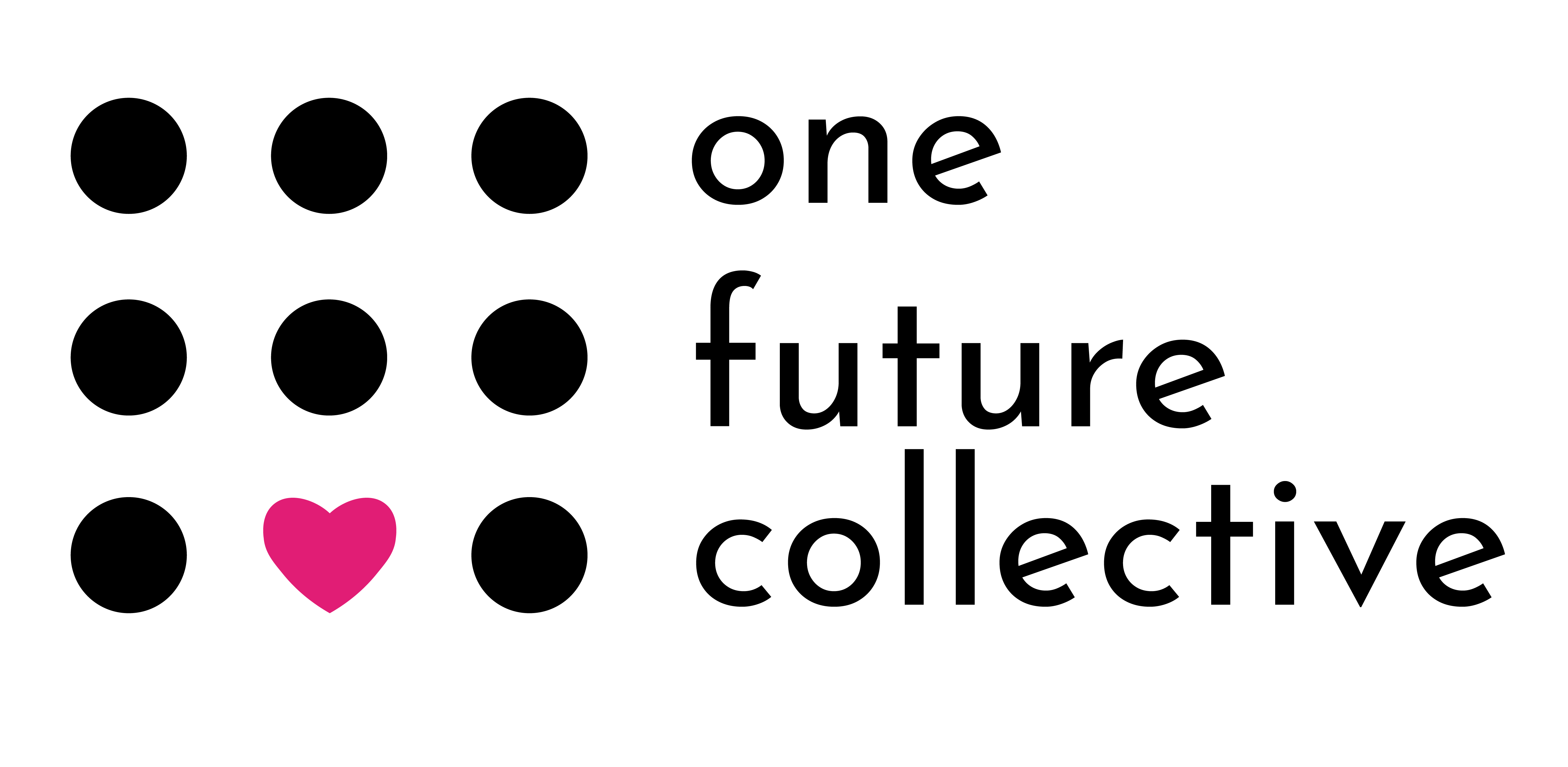International Women’s Day: The Beauty of Female Friendships, Solidarity, and Mentoring
Strong women stand together.
We grow up hearing stories of women tearing each other down. We are taught to not trust other women too much. We then grow up and learn that all of that was a complete lie. We learn anew that there is absolutely nothing as beautiful or as important as female friendship, solidarity, and mentoring.
Trust me, nothing else compares. I thought long and hard about what I wanted to write about this Women’s Day, which of the many facets of womankind I wanted to celebrate today, and this is what jumped out at me. My life and especially the past year has been marked by the manifestation of the power of these friendships and mentoring, of the solidarity and support systems they bring with them.
The uniqueness of female friendship is unmatched, it is seen in the absolute faith women put in each other and the constant love and support they provide to their friends. What makes it more special is that in female friendships, the emotional labour isn’t just one way (sadly true for many other relationships). Women invest emotionally in each other as friends, strive to help each other rise and celebrate the successes of one another as their own. Female friendships are what gets so many of us through breakups, they are what gives us the assurance that however drunk we may get, we will get home in one piece. The importance of speaking about female friendships is felt even more because of the prevalence of the stereotype of bitchy female friendships — this has got to be the most untrue thing — female friendships are about solidarity, about honesty and about being there for one another. Sure, some female friends may be horrible to each other, but that could be said about friendship between persons of any genders, now, couldn’t it?
An extended facet of this friendship for me is the mentoring of younger women by other women. Women are statistically less likely to occupy higher offices, they are thereby less likely to easily find female role models and seniors that can mentor and guide them, but for the ones that do, this serves as the single most enriching experience of their lives. Female mentors bring in a unique perspective and take that extra effort to nurture talent and bring it to its full potential.
I’m going to take a moment here to speak of two of the most important female mentors in my life, Kirthi Jayakumar (Founder and CEO of Red Elephant Foundation) and Elsa Dsilva (Founder and CEO of Safecity/Red Dot Foundation). These are both women I met by chance and later went on to work with. They’ve taught me more about courage, resilience and faith than anyone else ever could. Elsa taught me the importance of relationships and the value of hard work and perseverance while Kirthi taught me the importance of empathy and kindness. They have both shown me the power of female mentoring in action, they have helped build not only my potential but that of several others. They have shown me the massive change one can bring by believing in people, by giving them opportunities, and by just being there for them.
This is why mentoring of women is important, in some cases also making it important for these mentors to be women so that young women have role models to look up to, so that they can see themselves and their dreams and aspirations represented in real life persons. Till we have enough female mentors though, it is the job of every person, irrespective of gender, to mentor our future female leaders.
Female friendships and mentoring relationships are one of such warmth and love, it’s unimaginable. For this International Women’s Day, I want such relationships to strengthen in the life of each girl, of each woman. I want young girls to have female friends and support systems they can fall back on, for them to have female mentors who understand their uniquely positioned perspectives and give them the push required to reach the next step.
Here’s to the women in our lives, our friends, our mentors and our family — quietly doing the job of supporting other women even when it is not Women’s Day.
Vandita Morarka is the Founder and CEO of One Future Collective.
Mapping and negotiating power
Uncuff India Episode 10: Dimensions of conflict and peace: visioning a utopian world
Uncuff India Episode 9: Civic space and dissent: A pathway to social justice
